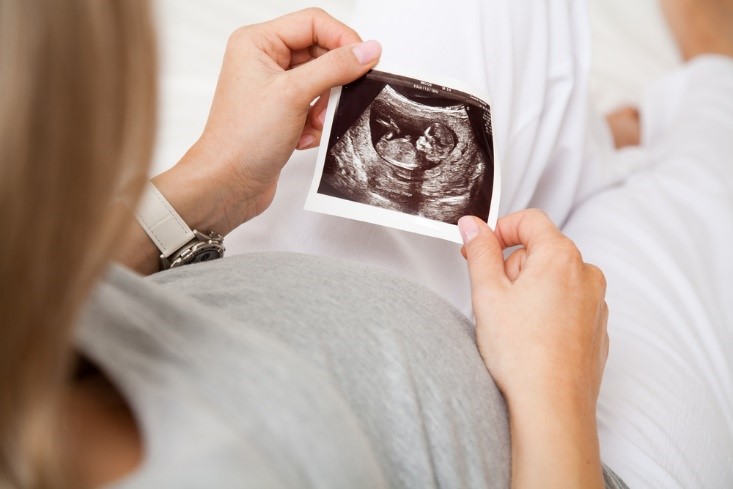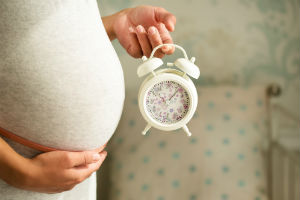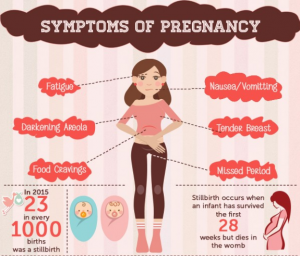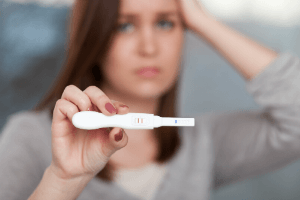Different Tests recommended during Pregnancy

Pregnancy is one of the most beautiful phases of a woman’s life. It doesn’t just render the joy of becoming a parent but completely transforms your life – from being a woman to a mother, a caretaker, a strong support system. However, with pregnancy and all the joy comes a list of rules and regulations that are mandatory to follow. For a reason that these help in the proper growth and development of the baby in your womb. Eating a healthy diet, not lifting heavy weight, quitting the consumption of alcohol, caffeine, cigarettes, and quite a few other things as well.
Amid all this, taking regular pregnancy tests is also important, for they help in studying the development of the baby, checking for any kind of potential threats to the baby and even ensuring he/she is getting all the vital nutrients, in the right quantities and at regular intervals.
Pregnancy and its associated tests are generally categorized into three phases or trimesters as gynecologists call them – the first trimester, the second trimester, and the third trimester of pregnancy. Each trimester marks its own specific hormonal and physiological changes. And, hence different types of pregnancy tests are ordered in different trimesters. Let’s take a look at them!
First Trimester Pregnancy Tests
Different types of pregnancy tests performed in the first trimester are as follows:-
Blood Tests: During the initial phases of pregnancy, a series of blood tests are done to identify your blood type, Rh factor, look for anemia, ensure you’re immune to rubella, hepatitis B, syphilis, HIV, and other common sexually transmitted diseases. Test for diseases such as toxoplasmosis and varicella are also done if need be. Your hCG levels will also be monitored on a regular basis as it aids in supporting the pregnancy.
Urine Tests: Once you’re pregnant, ensuring that your kidneys work efficiently is highly important. This is the primary reason why you gynecologists will recommend urine tests at regular intervals. A urine test aids in checking the functionality of the kidneys as well as the liver, and looks for potential signs of threat.
Non-Invasive Prenatal Testing – A cell-free fetal DNA test, Non-Invasive Prenatal Test is usually done once you’ve completed your 10 months into the pregnancy. In the test, blood samples utilized for measuring the relative amount of free fetal DNA present in your bloodstream. Medial veterans claim that NIIPT can detect 99.9% of all down syndrome pregnancies, and also suggest other chromosomal abnormalities.
Chorionic Villus Sampling – This test is generally recommended to women above the age of 35 years and have a family history of some specific pregnancy-related diseases. CVS has the ability to diagnose a broad range of genetic defects, including Down Syndrome, muscular dysentery, sickle cell anemia, hemophilia, and cystic fibrosis.
Second-trimester Pregnancy Tests
Different types of pregnancy test ordered in the second trimester are as follows:-
Maternal Serum Alpha-Fetoprotein (MSAFP) and Multiple Market Screening – While this is an optional screening test, it is highly recommended by the gynecologists. The reason being, it comes with its own set of pros and cons, which you can learn can ask your physician. The MSAFP test measures the amount of alpha-fetoprotein present in the body. It’s a kind of protein made by the fetus for the purpose of supporting the pregnancy. Abnormal levels are an indication of possible threats such as Down Syndrome, neural tube defect, etc.
Ultrasound – Ultrasounds are done throughout the entire period of pregnancy. But, generally, the first ultrasound is ordered after you enter the 20th week of your pregnancy. A sonogram, in specific, is ordered. This is because the imaging test is highly apt in nature and helps in verifying the due date of delivery, look for multiple fetuses, investigate complications therein, and even detect malformations inside the womb.
Glucose Screening – It is in the second trimester wherein the baby starts to take a proper shape, and hence, more care is recommended. A glucose test is usually done between the 24th and 28th week of pregnancy. Though it’s a routine test to monitor acquired diabetes, it’s highly important as well. Induced diabetes, if not controlled, can result in overly large babies, a broad range of health problems for you and the baby, and even difficulty in delivery. The test maps the sugar levels of the body and aids in recommending ways to curb the issue.
Amniocentesis – This particular test is done between the 15th and the 18th week of pregnancy, especially in the case of women above the age of 35 years, who pose a higher risk of genetic disorders and other related issues. Its analysis aids in the detection of neural tube defects and genetic disorders.
Fetal Doppler Ultrasound – This test makes use of sound waves to produce images of blood flow and determines whether or not the flow of blood to the placenta and fetus is normal.
Fetoscopy – This test aids in viewing the fetus. Fetoscopy can help detect some kind of diseases and defects that other tests may fail to identify.
Third Trimester Pregnancy Tests
Group B Streptococcus Screening – During this test, you will be asked to furnish vaginal and rectal swabs for the detection of group B strep bacteria. Though about 30% of Group B strep is present in all women, it’s also one of the leading causes of many life-threatening infections in newborns, such as mental retardation, impaired vision, and even hearing issues.
Electronic Fetal Heart Monitoring – This test is done during the course of pregnancy, at the time of labor and once during delivery to monitor the heart rate of the fetus, and ensure everything is absolutely fine.
Non-Stress Test – This test is usually performed on regular basis in high-risk pregnancy cases, such as when a woman is carrying twins or has diabetes, or high blood pressure problem. The test aids in monitoring the baby’s heart rate as it moves in the womb.
Contraction Stress Test – This test is also recommended in high-risk pregnancy cases. During the test, a fetal monitor measures the baby’s heart rate when the womb is contracted either by oxytocin or nipple stimulation. Gynaecologists use this technique for predicting the baby’s response to labor stress.
To conclude, pregnancy may be the best phase of a woman’s life, taking utmost care of herself and her baby is the most important thing. Getting checked and tested at regular intervals is highly essential and so is maintaining a healthy weight, eating a balanced diet, and even exercising mildly to stay fit for delivery. Talk to your gynecologist about pregnancy complications and ways to reduce stress during the 40-42 week period.













